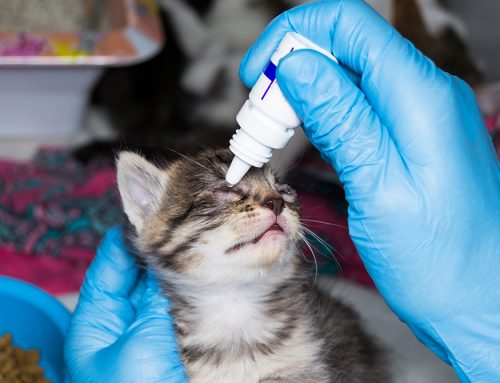Mission Veterinary Clinic
16915 San Fernando Mission Blvd, Granada Hills, CA 91344
Phone: 818-363-8143
Urgent Care Facility – Walk-ins Only
What is Hypocalcemia?
Hypocalcemia is a medical condition characterized by abnormally low levels of calcium in the blood. Calcium is essential for many bodily functions, including muscle contractions, nerve signaling, and blood clotting. When calcium levels drop too low, it can lead to a variety of serious health issues in pets.
Causes of Hypocalcemia
Hypocalcemia can be caused by several underlying conditions, including:
- Parathyroid Disorders: The parathyroid glands regulate calcium levels in the body. Any dysfunction in these glands can lead to hypocalcemia.
- Kidney Disease: The kidneys play a key role in calcium balance. Chronic kidney disease can impair this function, leading to hypocalcemia.
- Eclampsia: This condition occurs in nursing mothers due to the high demand for calcium in milk production.
- Pancreatitis: Inflammation of the pancreas can disrupt calcium balance.
- Nutritional Deficiencies: A diet lacking in calcium or vitamin D can lead to hypocalcemia over time.
Symptoms of Hypocalcemia in Pets
Symptoms of hypocalcemia can vary depending on the severity of the condition but may include:
- Muscle tremors or twitching
- Seizures
- Weakness or lethargy
- Restlessness or anxiety
- Loss of appetite
- Behavioral changes
- Difficulty walking or coordination issues
Diagnosis of Hypocalcemia
If your pet is exhibiting symptoms of hypocalcemia, it is crucial to seek veterinary care immediately. Diagnosis typically involves:
- Blood Tests: To measure calcium levels and assess kidney function.
- Urinalysis: To check for any underlying kidney issues.
- Imaging: X-rays or ultrasounds may be used to identify any abnormalities in the parathyroid glands or other organs.
Treatment of Hypocalcemia
The treatment for hypocalcemia depends on the underlying cause. Common treatment approaches include:
- Calcium Supplements: To quickly raise blood calcium levels.
- Vitamin D Supplements: To help the body absorb calcium more effectively.
- Treatment of Underlying Conditions: Managing the root cause of hypocalcemia, such as treating kidney disease or managing parathyroid disorders.
- Dietary Changes: Ensuring your pet’s diet is balanced and provides adequate calcium and vitamin D.
When to Seek Urgent Care
Hypocalcemia can be a life-threatening condition if not treated promptly. If your pet is showing any signs of hypocalcemia, bring them to Mission Veterinary Clinic immediately. Our team is equipped to provide the necessary urgent care to stabilize your pet and determine the best course of treatment.
Mission Veterinary Clinic
Serving the San Fernando Valley with Urgent Care Services
No Appointments Necessary – Walk-ins Only
Open 9 AM – 11 PM, 7 Days a Week
For more information or if you have concerns about your pet’s health, please contact us at 818-363-8143 or visit us at 16915 San Fernando Mission Blvd, Granada Hills, CA 91344.










Leave A Comment